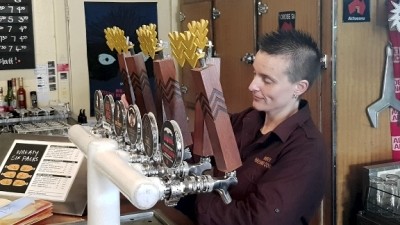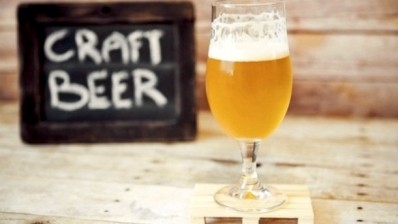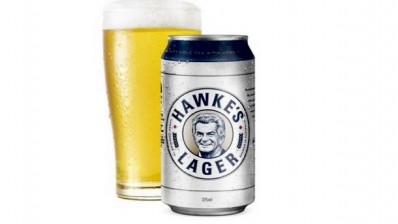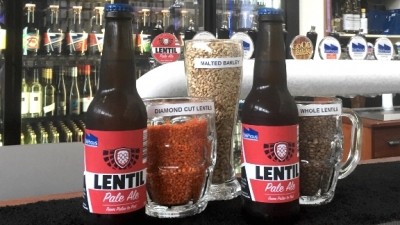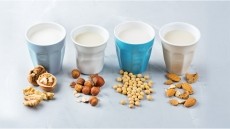Australia’s craft beer secrets slowly being exposed
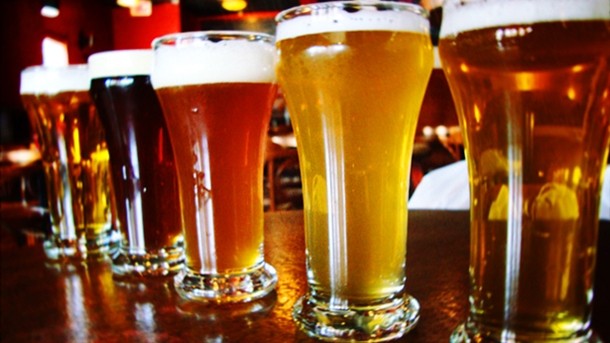
Earlier this week, the Australian Competition and Consumer Commission announced it had reached an agreement with South African-owned Australian beer major Carlton United Breweries over the labelling of a craft beer that it considered misleading.
BBBC had earlier licenced the production and distribution of Byron Bay Pale Lager to CUB, though labels on the product seemed to suggest the was still brewed in the northern New South Wales town some 630km away from its real origin at CUB’s Warnervale plant, which is closer to Sydney.
CUB has since agreed to reword its labels to reflect the reality and undertaken that it will not “make false or misleading representations concerning the scale of the brewery in which its products are brewed or the place of origin of its products”.
Masquerading as craft beers
But for Glenn Cary, chief executive of the Balmain Brewing Company in Sydney, this is just the tip of the iceberg.
“There are a number of brands the major beer companies have got that they are flaunting as craft beers, when in fact they are mainstream beers,” Cary told FoodNavigator-Asia in a phone interview.
“But the consumer is looking to support small craft beer companies that focus on brewing beer for its taste. These companies brew small batches locally, not in large, commercial volumes, as is the case with craft beers licenced to bigger breweries.”
Cary cites James Squire as an example of this practice. Brewed at the Malt Shovel Brewery in Sydney, the brand traces its origins back to 1806, when a convict of that name reputedly become Australia’s first brewer.
According to the brewery’s promotional material: “Today, well over 150 years later, the James Squire name lives on with the James Squire craft beer range. With the same dedication to quality and desire to pioneer the best of flavours, we hope James Squire would be proud of the beers that carry his name.”
While using terms like “craft beer” in its colourful tale of the brewery’s convict origins, the material neglects to mention at any point in its 1,453-word “Story of James Squire” that it is part of Australian beer major Lion, which in turn is owned by Japan’s Kirin.
From craft to mainstream
For Cary, James Squire is anything but a craft beer range. He said: “Anything that is owned by SAB Miller or Kirin, they are now mainstream beers. Another example is Little Creatures, which is a mainstream beer, not a craft beer. They used to be but they are now owned and run by multinationals that aren’t even Australian owned. The Australian public is not aware of that.”
Most Australian craft beer brands don’t have their own breweries, instead using contract facilities to brew their recipes. In the case of Byron Bay, however, the company licenced the entire Byron Bay Pale Lager brand to CUB while making out that it was still being produced by a small brewery in Byron Bay. Cary suggests that was the strategy right from the start.
“I was extremely interested to see [BBBC’s] press release when they first started making the beer,” he said.“It didn’t mention CUB at all. They were clearly trying to indicate to the market that it was coming out of Byron Bay, and that was totally misleading.”
During Cary’s time at BBBC, no licensing agreements were in place with CUB. For him, craft beer is much more than selling product and opening new markets.
“I would have stayed true to my beliefs when I created Byron Bay as a craft beer, and brewed in-house in our brewery there. If I needed to brew additional volumes, I would have used a non-mainstream brewery as a contract facility to brew under arrangement for me. And that only would have occurred if I didn’t have enough capacity to do it myself in Byron Bay.
“This is what consumers expect from the genuine craft beers they buy, and that [the BBBC] has misrepresented its brand by saying, ‘Hey, look at us, we’re a little company,’ and not disclosing the fact that their beer is being made in a large brewing facility in Warnavale.”
FoodNavigator-Asia approached Byron Bay Brewery Company for comment on this week’s events. We are still waiting for a response. The Brewers Association declined to comment.
